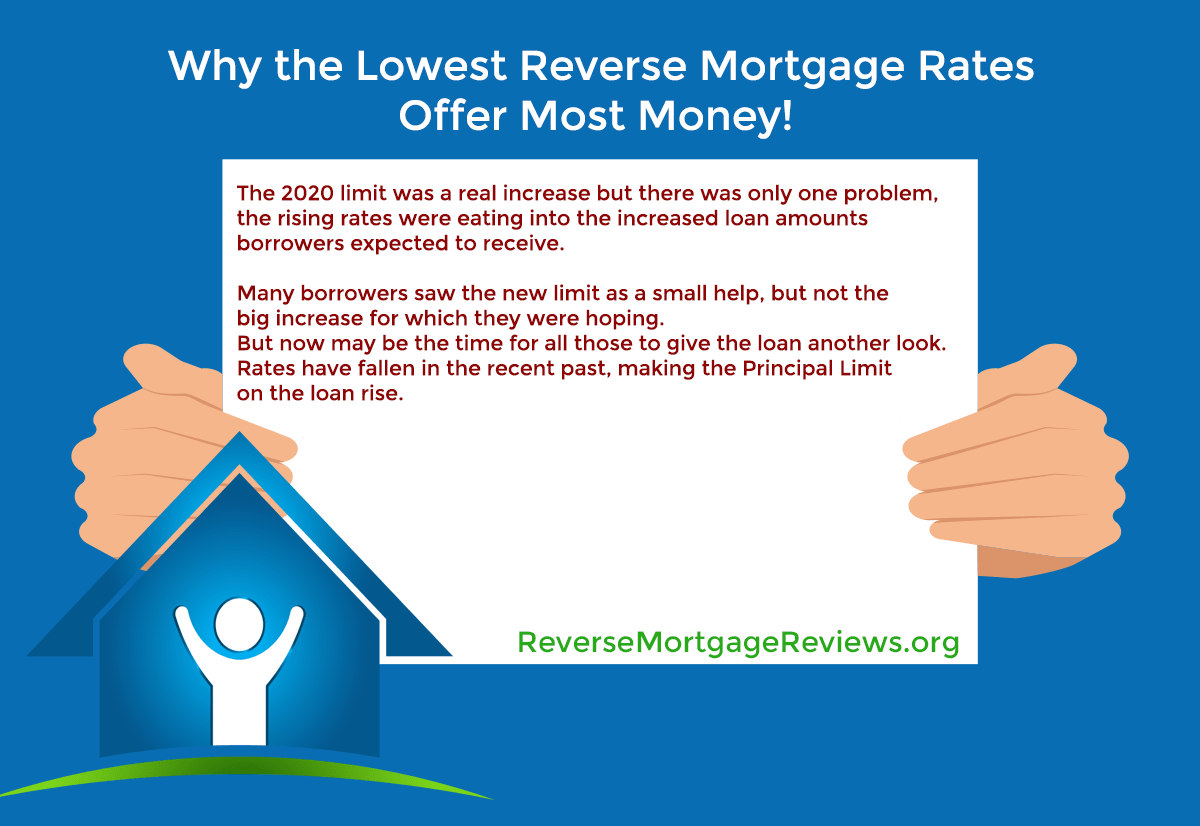They might require that you utilize some of your reverse home mortgage funds to pay any delinquent residential or commercial property costs. Your loan provider needs to be notified instantly if anyone who requested the reverse mortgage dies. In the majority of cases, http://paxtonuqya801.unblog.fr/2020/09/20/some-known-details-about-how-does-bank-loan-for-mortgages-work/ an enduring spouse will be permitted to remain in the residential or commercial property, however there might be extra requirements if the enduring spouse was not on the initial reverse home mortgage.
Here are a few of the most typical reverse home mortgage scams and how to avoid them. You need to never ever borrow cash to put into "investment programs." Although sometimes this may be more dishonest than unlawful, dishonest financial organizers may attempt to persuade you to take the cash out to purchase the market.
This often includes a knock on the door by someone representing themselves as a friendly community handyman, with suggestions for work that they can do on the home. Ultimately, other professionals may begin to suggest expensive repair work that may or may not need to be done, and after that suggest moneying them with a reverse home mortgage.
Just look for relied on repair services from a certified specialist. If a family member unexpectedly and persistently begins asking about your financial condition, and recommends a power of attorney integrated with a reverse home mortgage, this could be an indication of inheritance scams. There are organizations that can help if you believe you are or a relative is a victim of any kind of elder abuse.
A reverse home mortgage is a mortgage made by a home mortgage loan provider to a house owner using the home as security or security. Which is significantly different than with a traditional mortgage, where the homeowner uses their income to pay down the financial obligation with time. However, with a reverse mortgage, the loan quantity (loan balance) grows over time since the house owner is not making monthly home mortgage payments.
The quantity of equity you can access with a reverse home mortgage is figured out by the age of the youngest borrower, current interest rates, and value of the house in question. Please keep in mind that you may need to reserve extra funds from the loan continues to spend for taxes and insurance.
They want to remodel their kitchen area. They have actually become aware of reverse mortgage but didn't understand the information. They choose to call a reverse mortgage advisor to discuss their current needs and future objectives if they could access to a part of the funds saved in their house's equity.
The Best Guide To Who Has The Best Interest Rates On Mortgages
They currently owe $35,000 on their home loan. Below is an illustration of how John and Anne invest their loan profits. * This example is based on Anne, the youngest borrower who is 69 years of ages, a variable rate HECM loan with an initial rate of interest of 4.966% (which includes a Libor index rate of 2.841% and a margin of 2.125%).
Rate of interest might differ and the stated rate may alter or not be offered at the time of loan commitment. * The funds readily available wes phone number usa to the borrower might be limited for the very first 12 months after loan closing, due to HECM reverse home mortgage requirements. In addition, the debtor might need to set aside additional funds from the loan continues to pay for taxes and insurance.
Many actions are included prior to a new loan being moneyed and the house owner( s) to start receiving funds. We have offered to you a fast visual example of what you may expect when beginning the process of a House Equity Conversion Home Loan. how do mortgages work in canada. Next steps: Take a few moments to start approximating your eligibility utilizing our complimentary reverse mortgage calculator.
A reverse home mortgage loan, like a conventional home mortgage, permits house owners to borrow money using their home as security for the loan. Likewise like a traditional home mortgage, when you take out a reverse home mortgage loan, the title to your home remains in your name. However, unlike a conventional mortgage, with a reverse mortgage loan, customers don't make monthly mortgage payments.
Interest and costs are contributed to the loan balance each month and the balance grows. With a reverse mortgage, house owners are needed to pay residential or commercial property taxes and property owners insurance coverage, utilize the home as their principal residence, and keep their home in good condition. With a reverse home loan, the quantity the house owner owes to the loan provider goes upnot downover time.
As your loan balance increases, your house equity reduces. A reverse mortgage is not complimentary cash. It is a loan where borrowed cash + interest + charges monthly = increasing loan balance. The house owners or their beneficiaries will eventually have to pay back the loan, usually by offering the house.
It might be a fraud. Don't let yourself be pressed into getting a reverse home mortgage loan. The Department of Veterans Affairs (VA) does not offer any reverse home loan. Some home mortgage advertisements wrongly assure veterans unique offers, suggest VA approval, or use a "no-payment" reverse mortgage to bring in older Americans desperate to Helpful hints remain in their houses.
How Do Adjustable Rate Mortgages Work Things To Know Before You Get This

This is referred to as your right of "rescission." To cancel, you need to alert the lending institution in composing. Send your letter by qualified mail, and request for a return invoice so that you have documentation of when you sent and when the lender received your cancellation notice. Keep copies of any interactions in between you and your lending institution.
If you believe there is a factor to cancel the loan after the three-day period, seek legal help to see if you deserve to cancel. Note: This details just uses to Home Equity Conversion Home Mortgages (HECMs), which are the most common kind of reverse home loan loans.
A reverse mortgage is a kind of loan that is used by homeowners at least 62 years old who have substantial equity in their homes. By borrowing versus their equity, senior citizens get access to money to spend for cost-of-living expenses late in life, frequently after they've run out of other cost savings or sources of income.

Consider a reverse mortgage as a conventional home loan where the functions are switched. In a standard home mortgage, a person takes out a loan in order to buy a house and then repays the lending institution gradually. In a reverse home mortgage, the individual already owns the house, and they obtain versus it, getting a loan from a loan provider that they may not always ever repay.